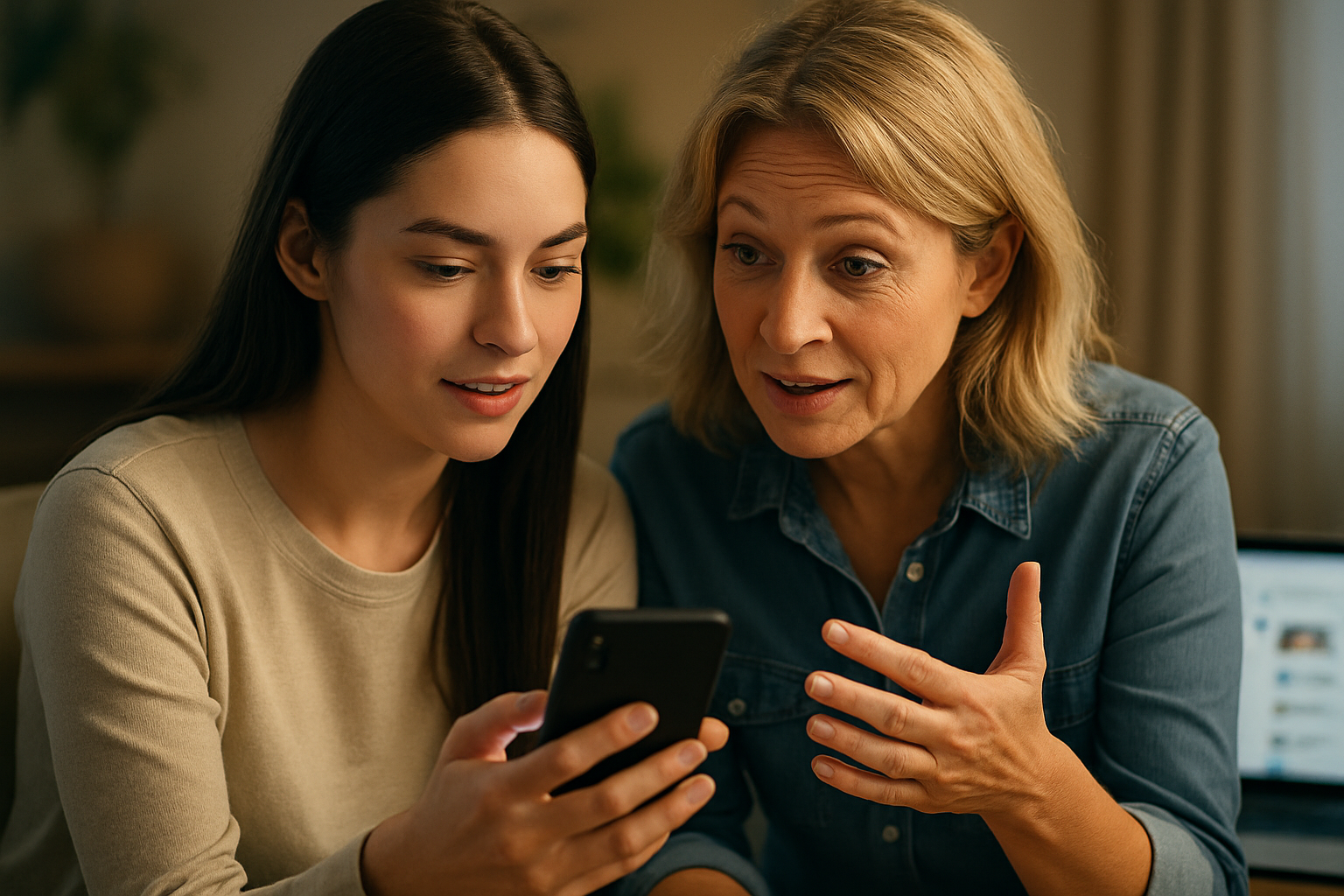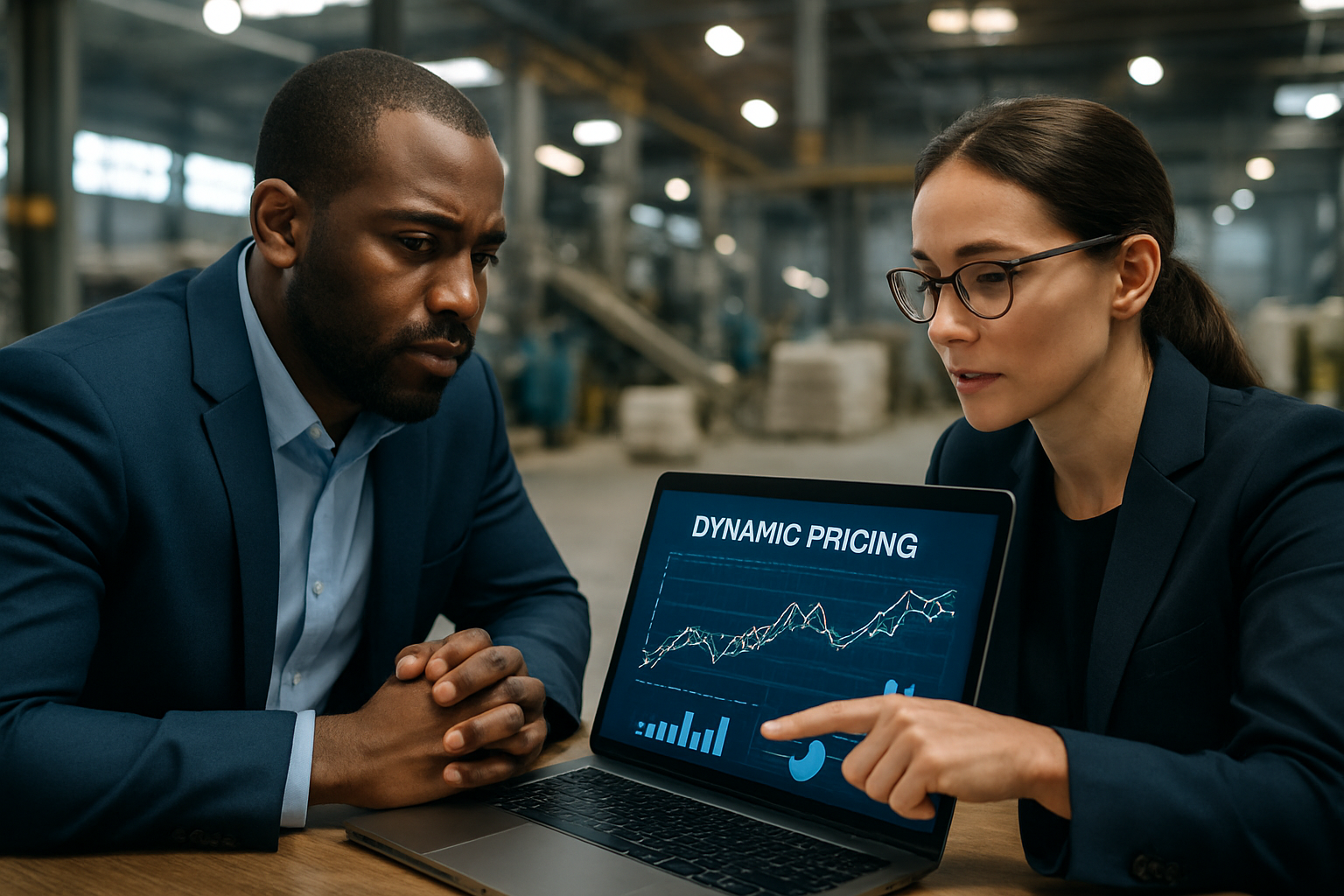Unmasking the Phenomenon of Micro-Influencer Mentorship
In an era dominated by digital connections, a fascinating trend is reshaping the landscape of personal and professional development. Micro-influencer mentorship, a nuanced fusion of social media influence and traditional guidance, is quietly revolutionizing how individuals seek and offer advice. This emerging practice leverages the intimacy of niche online communities to foster meaningful, targeted mentorship experiences. Read below to explore this intriguing intersection of technology, influence, and personal growth.

The Evolution of Mentorship in the Digital Age
Mentorship has long been a cornerstone of personal and professional development, traditionally characterized by one-on-one relationships between experienced individuals and those seeking guidance. However, the digital revolution has fundamentally altered this dynamic. Social media platforms and online communities have created new avenues for connection, allowing individuals to seek advice and inspiration from a diverse array of sources beyond their immediate circles.
This shift has given rise to the micro-influencer mentor, a figure who combines the approachability of a peer with the expertise of a seasoned professional. Unlike macro-influencers or celebrities, micro-influencers often maintain a more engaged and interactive relationship with their followers, fostering a sense of community and personal connection that is crucial for effective mentorship.
The Psychology Behind Micro-Influencer Appeal
The appeal of micro-influencer mentors lies in their perceived authenticity and relatability. Research in social psychology suggests that individuals are more likely to trust and emulate those they perceive as similar to themselves. Micro-influencers, often viewed as everyday people who have achieved a level of success or expertise, tap into this psychological tendency.
Moreover, the concept of parasocial relationships – the illusion of a face-to-face relationship with a media personality – plays a significant role in the effectiveness of micro-influencer mentorship. Followers develop a sense of intimacy and connection with these online figures, making their advice and guidance feel more personal and applicable.
Niche Expertise and Targeted Guidance
One of the key strengths of micro-influencer mentorship is the focus on niche expertise. Unlike generalist advice often provided by larger platforms or macro-influencers, micro-influencers typically specialize in specific areas, offering in-depth knowledge and experience. This specialization allows for more targeted and relevant guidance, addressing the unique challenges and opportunities within particular fields or life situations.
For instance, a micro-influencer focused on sustainable urban living might offer mentorship on everything from zero-waste practices to navigating city regulations for eco-friendly home renovations. This level of specificity not only attracts individuals with aligned interests but also fosters a community of like-minded learners and practitioners.
The Role of Technology in Facilitating Micro-Mentorship
Technology plays a crucial role in enabling and enhancing micro-influencer mentorship. Social media platforms, particularly Instagram, YouTube, and TikTok, serve as the primary channels for these interactions. These platforms offer various tools for engagement, from live Q&A sessions to interactive stories, allowing mentors to connect with their audience in real-time and in diverse formats.
Additionally, dedicated mentorship apps and platforms are emerging, designed specifically to facilitate connections between micro-influencers and those seeking guidance. These platforms often include features like scheduling tools, progress tracking, and resource sharing, further professionalizing the micro-mentorship experience.
Challenges and Ethical Considerations
While micro-influencer mentorship offers numerous benefits, it also presents unique challenges and ethical considerations. The blurred lines between personal branding, monetization, and genuine mentorship can sometimes lead to conflicts of interest. There’s a risk of advice being skewed towards sponsored products or services, potentially compromising the integrity of the mentorship.
Furthermore, the lack of formal oversight or accreditation in many cases raises questions about the qualifications and accountability of micro-influencer mentors. This informal nature, while contributing to the approachability of micro-mentors, also necessitates a critical approach from mentees in evaluating the advice they receive.
The Future of Micro-Influencer Mentorship
As we look to the future, micro-influencer mentorship is poised to become an increasingly significant aspect of personal and professional development. The trend towards more personalized, niche-focused learning experiences aligns well with this model of mentorship. We may see the emergence of more structured platforms and frameworks to support and legitimize micro-influencer mentors, perhaps including certification programs or quality assurance measures.
Moreover, the integration of artificial intelligence and machine learning could further enhance the micro-mentorship experience, offering personalized matching between mentors and mentees, and providing data-driven insights to improve mentorship outcomes.
In conclusion, micro-influencer mentorship represents a fascinating evolution in how knowledge and guidance are shared in the digital age. By combining the intimacy of traditional mentorship with the reach and accessibility of social media, this phenomenon is creating new pathways for personal growth and professional development. As it continues to evolve, micro-influencer mentorship has the potential to democratize access to expertise and create more diverse, inclusive mentorship opportunities for individuals across the globe.





